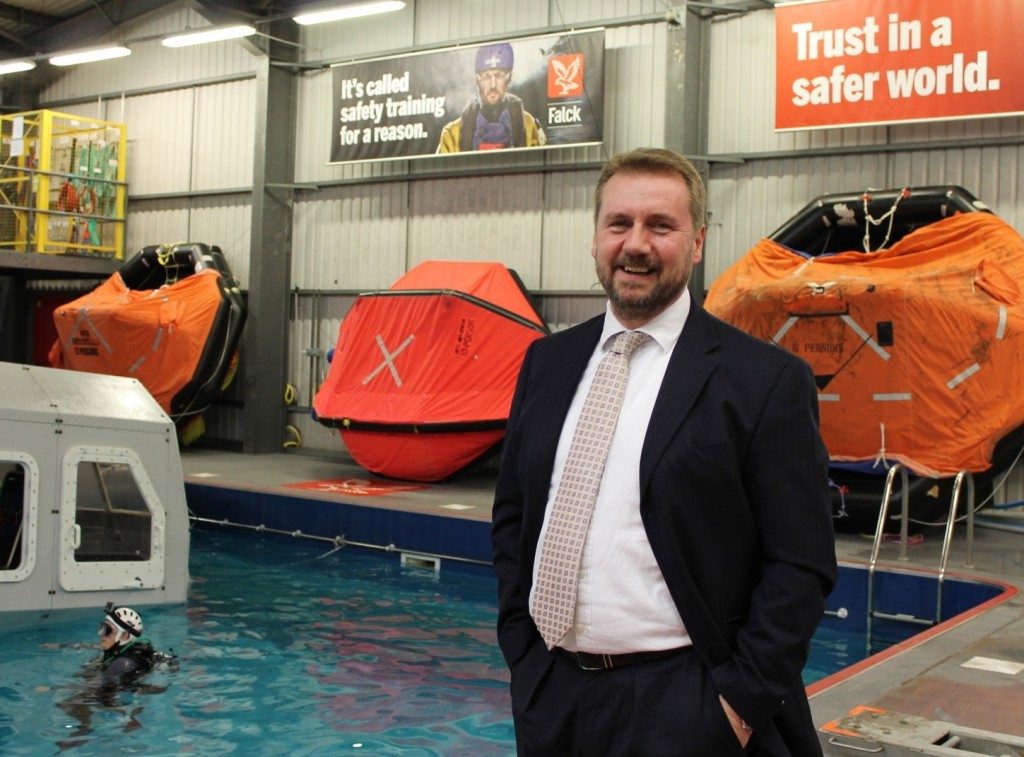
The oil and gas industry is continuing to ride a wave of challenges but it seems over the last year or so, the whole industry, has recognised the changes in the health and fitness of the offshore workforce.
It is no surprise that the recent research by Robert Gordon University has indicated the body shape of offshore workers has changed with increases in weight and height, prompting industry groups to implement new processes and safety standards, which Falck wholeheartedly supports.
As an offshore safety training and occupational health provider, we work very closely with delegates in terms of training and also on the healthcare side, so we are one of the first to notice changes in people’s body shape and actively try to advise delegates on health matters that could impact their job.
However, although the report has placed quite a lot of emphasis on the increase in weight, this is over a 30 year time period and since then people have changed the way they work out, improving their fitness and bulking up with strength training. In some instances this is leading to weight increase which some could argue is in fact creating a stronger workforce to handle the offshore environment – that is not to say that this should not be factored when considering helicopter safety.
However, recently the industry has undoubtedly seen an increase in activity with the introduction of the Compressed Air Emergency breathing system, and most recently the measurement strategy, which by 1 April will see all offshore workers classified into size groups. These are all positive steps in the right direction, bringing advances and enhancing safety overall.
The future is key in the UK oil and gas industry, so stepping up to focus and support the workforce is essential if we want to keep the energy sector at the top of its game, especially as we face new challenges with ageing assets and decommissioning.
Although there has been quite a few changes that Falck as a business has had to implement, the offshore workers have also had to think about how the new requirements could effect their job role but I believe this can only encourage a fresh attitude towards safety.
One of the main reasons I first joined Falck was because it was a company that was focused on ‘people helping people’ and this has never been so important.
Organisations and industry bodies such as OPITO and Step Change in Safety are actively driving safety to the forefront and as a training provider we must ensure that we are at the front line, actively prepared to implement any new requirements. For example, the new EBS was a huge learning curve for training providers across the UK as we had to train our instructors thoroughly, then create the capacity to deliver the programme to delegates in a short time frame. We worked together as a team to ensure this happened. However, it is also key to reflect on how effective we are, share experiences and learn from each other, listening and communicating delegates views so we can be sure that the changes are effective.
The offshore environment is challenging and hard to explain to anyone who has not experienced it. Although it seems body shape has been pushed to the forefront, ultimately this is all about improving safety and safeguarding the future of a vital industry for our city.
Colin Leyden is managing director of Falck Safety Services
Recommended for you
